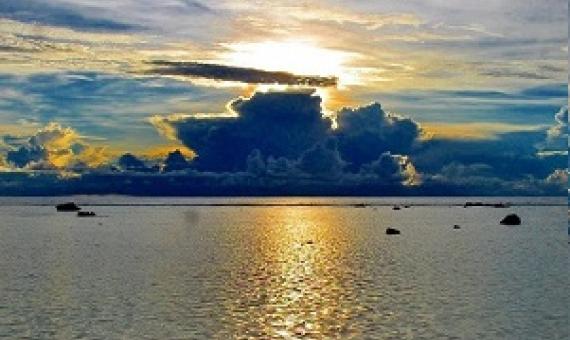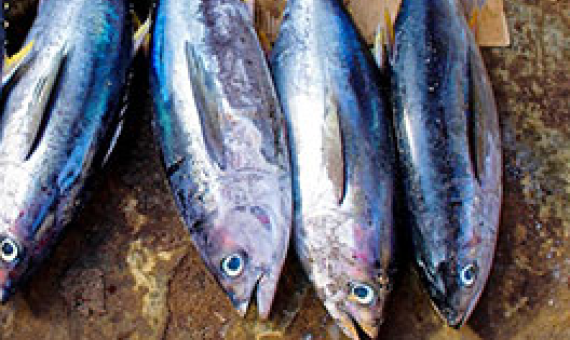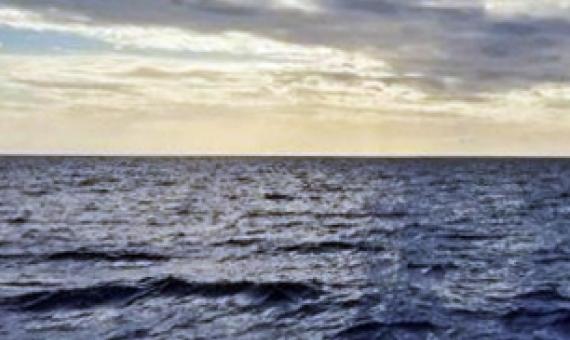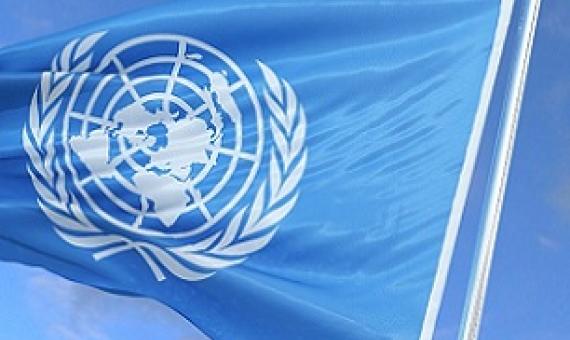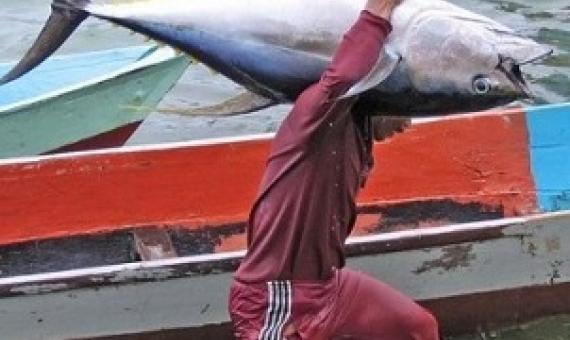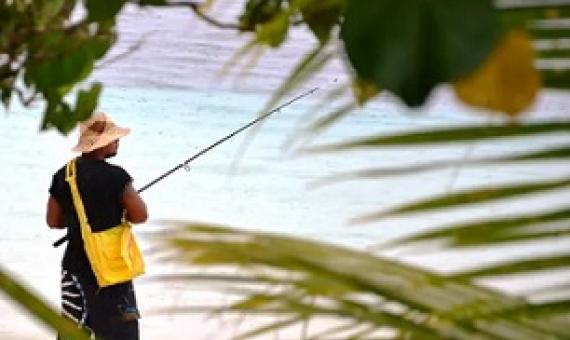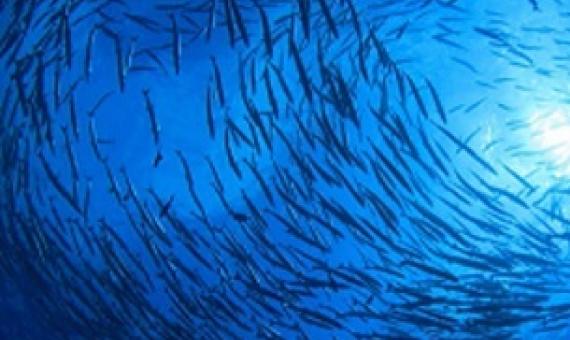To achieve tangible solutions for ocean conservation, we should listen to the people who are most affected by the current problems facing the ocean: the people in the tropics, say 25 co-authors of "Engaging the Tropical Majority to Make Ocean Governance and Science more Equitable and Effect
Engaging the tropical majority to make ocean governance and science more equitable and effective
How can ocean governance and science be made more equitable and effective? The majority of the world’s ocean-dependent people live in low to middle-income countries in the tropics (i.e., the ‘tropical majority’). Yet the ocean governance agenda is set largely on the basis of scientific knowledge, funding, and institutions from high-income nations in temperate zones.
The last year has seen some promising changes in the global framework for environmental governance.
The world today is undergoing profound changes unseen in a century. With the increasing common challenges facing the international community, the call for improving global governance is getting louder.
Advancing Social Equity in and Through Marine Conservation
Substantial efforts and investments are being made to increase the scale and improve the effectiveness of marine conservation globally. Though it is mandated by international law and central to conservation policy, less attention has been given to how to operationalize social equity in and through the pursuit of marine conservation. In this article, we aim to bring greater attention to this topic through reviewing how social equity can be better integrated in marine conservation policy and practice.
Republic of Fiji National Ocean Policy 2020-2030
Fijians have been at the forefront of ocean action and leadership because it i our responsibility as an oceanic people. Fiji is a nation of over 300 islands whose past, present and future are intrinsically linked to the ocean. The wealth and resources associated with Fiji's vast marine areas represent significant natural capital and are valid pillars of the country's food security. The ocean is also central to traditions, culture, its art, research and education.
Oceans cover 70 per cent of the Earth’s surface.
Our moana (ocean) is in a state of unprecedented ecological crisis. Multiple, cumulative impacts include pollution, sedimentation, overfishing, drilling and climate change. All affect the health of both marine life and coastal communities.
Concerned youths worldwide today delivered a policy vision for policy-makers to address the declining state of the world's ocean.

